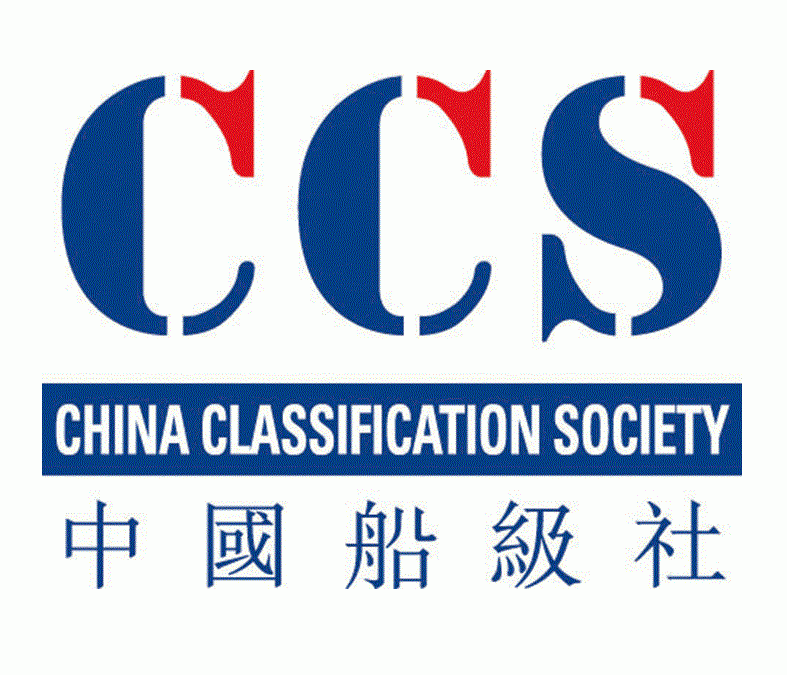China Classification Society (CCS) is hailing a major milestone after overseeing the delivery and naming ceremony of the first VLCC ever built in China deploying four 40metre rigid wing sails.
CCS attended the naming ceremony of the 307,000 DWT, 333 metre crude oil carrier M/V New Aden at Dalian Shipbuilding Industry Co (DSIC) together with the owner China Merchants Energy Shipping (CMES) and China Shipbuilding Trading Company. China Merchants Group chairman Mr Miu Jianmin meanwhile named the vessel.
CCS Vice President Mr Fan Qiang represented CCS at the ceremony saying the New Aden is ‘one of the most advanced VLCCs ever built in China’. He said the sails are expected to slash average fuel consumption by nearly 10pc on the Middle East to the Far East route cutting an estimated 2900 tons of CO2 emissions a year.
“The New Aden is an outstanding vessel which embraces the very latest design techniques as we work towards meeting the IMO GHG targets,” he said. “China Merchants, Dalian Shipbuilding’s R & D team and Guangwei Composite Materials have undertaken great work in developing the ship and this new generation of rigid wing sail (see notes to editors 1). The sails have a combined surface of around 1200 sq m and are a true innovation. They are made of a low weight carbon fibre composite supported by high strength corrosion resistance and a state-of-the-art autonomous control system. This system maximises efficiency in complex operating conditions. The technology monitors power supply and self-inspects to ensure the hydraulic lifting and electric rotation is optimised to ensure peak performance.”
Mr Fan said the New Aden sets new standards in VLCC performance.
“Together with China Merchants and Dailian Shipbuilding we have looked at every aspect of design to deliver the best possible result in fuel reduction, sailing performance in wind and waves through optimised hull design as well as safety and environmental protection,” he said. “The New Aden further meets the requirements of Harmonized Common Structural Rules (HCSR), the latest oxynitride and oxysulfide emission standards, the update phase requirements of the Energy Efficiency Design Index (EEDI) and the Energy Efficiency Existing Ship Index (EEXI). It further meets the EU Inventory of Hazardous Materials and ship recycling rules in line with the latest oil major requirements.”
Source: Hellenic Shipping News






